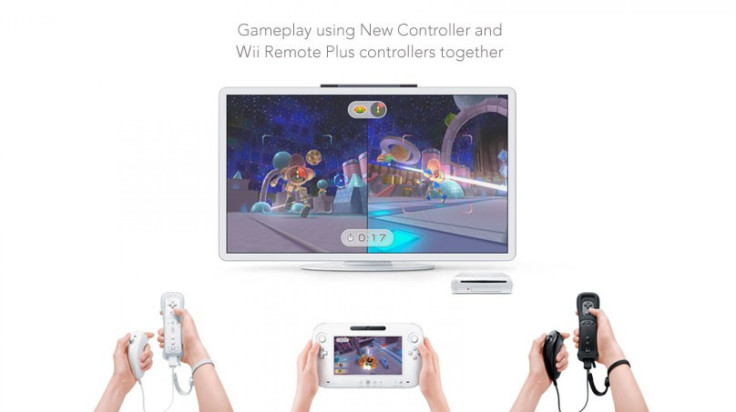IDC Predicts Wii U, Xbox 720, PS4 will Calm Games Industry Turbulence

The International Data Corporation (IDC) has issued a fresh report suggesting previous forecasts predicting the demise of the console market were premature, arguing the market will rebound early 2012 as the next generation of consoles begin to be rolled-out.
In the paper the research group cited new platform releases and rising console penetration and spending in select developing economies, as a key reason for its 2012 prediction.
Total console hardware and disc-based software revenues are on track to slide a few percent in 2011 compared to 2010, commented research manager of Consumer Markets and Gaming at IDC Lewis Ward. But prognostications that consoles have peaked as a product category are premature.
Ward went on to cite the emergence of Nintendo's next generation Wii U console as a key reason for the market's predicted bounce.
The consumer manager went on to put forward his own estimates for Microsoft and Sony's as yet unconfirmed next generation consoles, suggesting Microsoft would release its next Xbox around 2014 and Sony its PlayStation 4 in 2015.
I expect that the launch of the Wii U, a revamped interactive entertainment console from Microsoft in the 2014 timeframe, and the arrival of Sony's 'PS4' circa 2015 - along with more than a few exclusive, innovative games - will help drive a new wave of console-centric spending in the next several years.
The paper went on to forecast that console hardware and hard-copy games sales would see a 3.6 per cent compound annual growth rate between 2010 and 2015. The growth of the console market in developing countries was cited as a key reason for the bump.
The IDC's paper prophesied that despite the growth in sales, the proportional number of households actually using games consoles would decrease as the world's population grows.
It reported estimates that by the year 2015 there would be about 257 million active consoles worldwide. The estimate, if true, would show a one per cent decease from 2011's console penetration statistics.
The report also forecast that Sony's current PS3 console would follow its predecessor the PS2's example and have a long-tail period at the end of its life-cycle -- continuing to have a strong user base despite the existence of other next generation consoles.
© Copyright IBTimes 2025. All rights reserved.



















